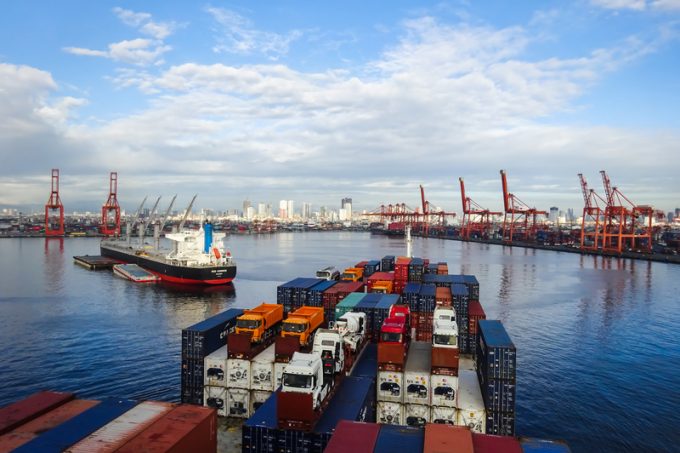Marc Meier becomes global head of ocean freight for Toll Global Forwarding
Marc Meier, a DHL veteran of 20 years, has become global head of ocean freight ...

Toll Group has opened an office in Manila, just as the Philippines claims to offer $49bn of untapped export potential.
The Australian forwarder, part of Japan Post, said it had worked with local partners in the Philippines since 2007, but the time was ripe for a direct presence in the South-east Asian island nation.
Benjamin Bathan, Toll’s country manager for the Philippines, said: “A key objective of our direct expansion into the Philippines was to enhance access to global opportunities for local businesses.
“Many freight forwarders operate through a partner-based model and do not personally own a global or regional supply chain network, creating challenges in visibility and quality control.”
Toll said it was forecasting high double-digit growth for its new Manila operation over the next five years, focusing on the industrial, retail, technology, and automotive sectors.
Indeed, while the economy was battered by Covid fallout in 2020, last year saw a decent bounce-back, with combined imports and exports of $174.6bn for the first 11 months, up 24% year on year.
The country has a large trade deficit, however, hitting a new record in November with imports of nearly $11bn and exports of $6.27bn.
This has prompted renewed focus on upgrading exports, from commodities and immediate goods to more high-value products such as electronics, which already account for around half of all merchandise exports.
The department of trade and industry says the Philippines has $49bn of unrealised export potential, which can be unlocked through reforms, trade facilitation and strengthening partnerships with the private sector.
Toll said it could help enable this export growth by connecting local businesses with its “extensive global network and Asia-centric expertise.”
Rajeev Sood, Toll’s SVP for Asean and the Indian subcontinent, added: “The arrival of Covid-19 has made diversification of supply networks imperative for businesses not just in the Philippines but across the world. Today, uncertainties and supply chain bottlenecks have made a multimodal approach to transport, and the ability to access multiple suppliers and markets, critical for business continuity and resilience.”
Mr Sood told The Loadstar that, in light of supply chain disruptions around the world, Philippine customers were increasingly trying to mitigate capacity concerns in air and ocean freight markets, as well as equipment shortages.
“Customers are being more transparent with the scope of their challenges,” he explained. “While conversations have previously centred around cost, increasingly customers are valuing a partnership approach to implement agile and flexible supply chain solutions.”
Comment on this article